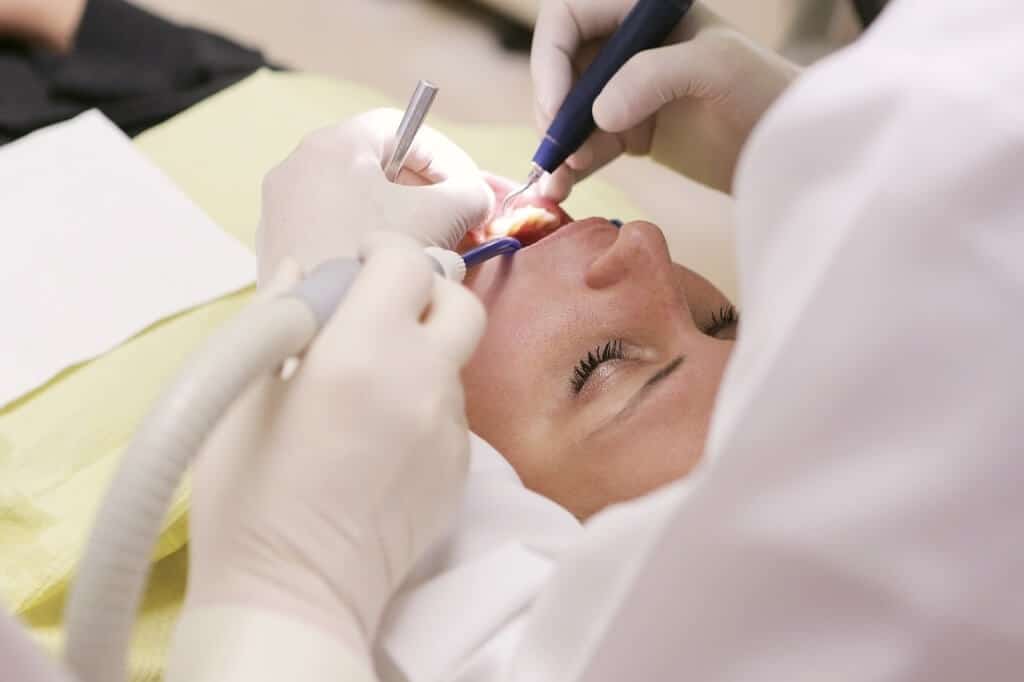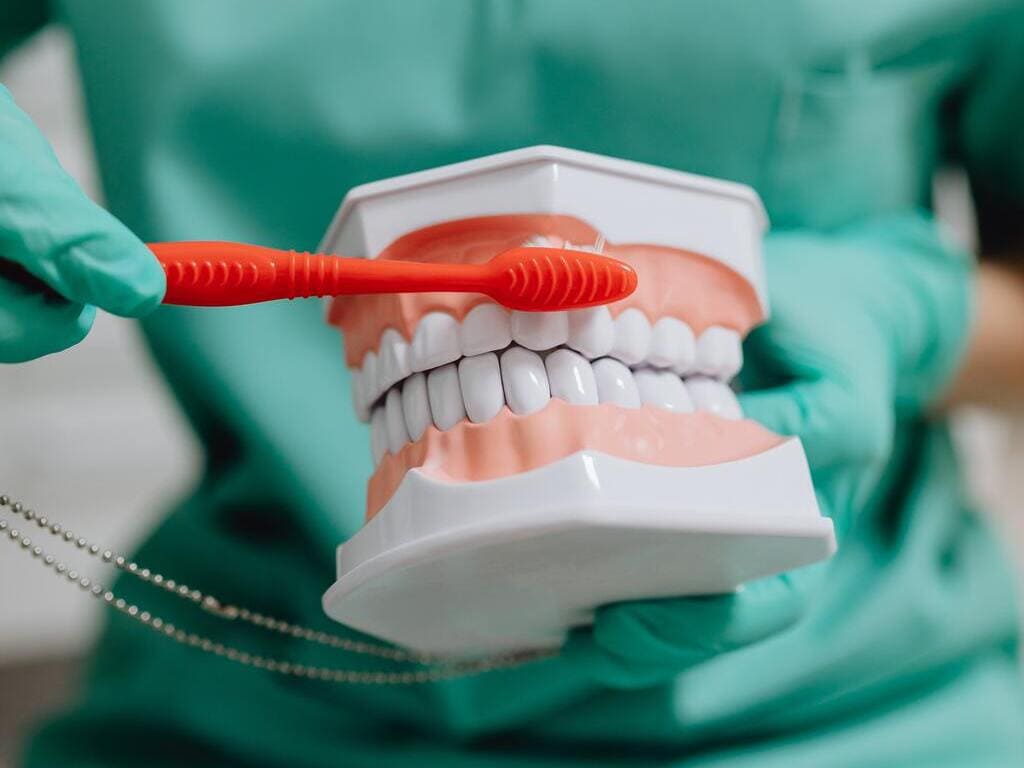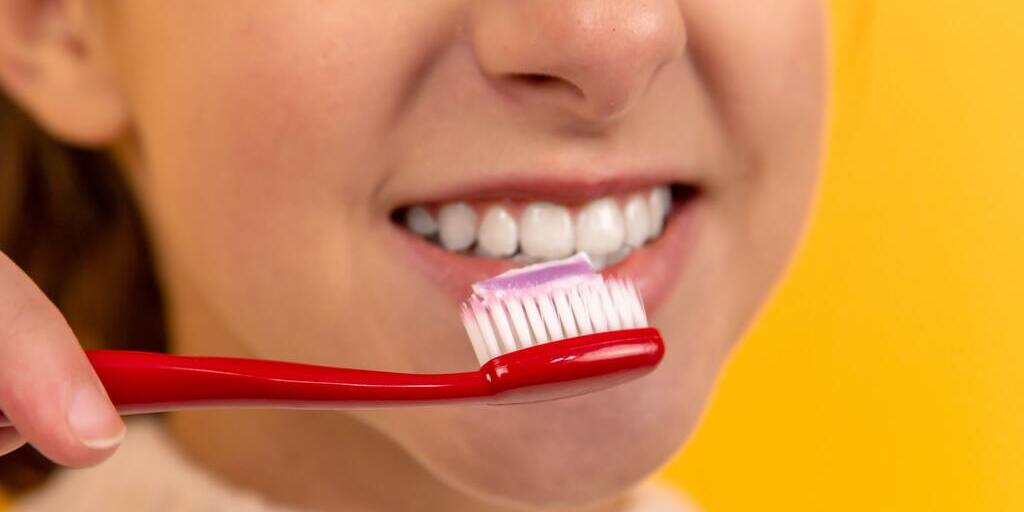Most of the world’s population suffers from bad breath or halitosis and generally cannot perceive it because their nose is used to that smell and dismisses it as a sensation.
When the person with halitosis comes to perceive the stench when speaking, it is because it is really strong and of greater causes and it is necessary to know how to combat and eliminate it.
Just as there is someone who has bad breath and does not realize it; There are those who do not have it and believe they have it, thus originating pseudohalitosis and halitophobia.
Halitosis also affects the people around those who suffer from it and need to cure it, also becoming a social problem due to the discomfort it represents.
The good news is that halitosis is usually combated with dental prevention based on an excellent dental hygiene.

Beyond the medical-dental factor, there is a social factor about maintaining pleasant breath.
Table of Content
Bad Breath or Halitosis
Bad breath (also known as halitosis) refers to the condition of having an unpleasant odor in the air exhaled through the mouth
The term halitosis is modernly used from the Latin halitus breath, and the ancient Greek suffix -σις (-sis), which indicates process.
According to studies, halitosis afflicts approximately 50% of the adult population worldwide and of that amount 50% experience severe problems.
In other words, approximately 25% of the adult population has bad breath problems that create problems for them and their loved ones.
Classification of Halitosis
The most widely accepted classification is that of Miyazaki H, Arao M, Okamura K, Kawaguchi Y, Toyofuku A, Hoshi K, Yaegaki Ky 1, below we present it in terms that you can easily understand:
True Halitosis
It is bad breath that is real and can be perceived by other people. It can be:
- Transitory because it is caused by factors of the body itself (physiological)
- Persistent due to its roots in diseases (pathological)
Physiological or Transient Halitosis
Many call this type of halitosis as transient halitosis, because its character changes according to factors such as time of day, age and sex. Here are some examples of this type:
- Bad morning breath: occurs upon waking and lasts a few hours. It is caused by the decrease, during sleep, of the flow of saliva and movements of the tongue and cheeks that serve as a cleaning mechanism for our mouth. It is more intense in mouth breathers or people with sinusitis because they have more dry mouth.
- Hunger breath: occurs when you begin to feel hungry, even more so when you do not have breakfast. It can occur in people who are dieting or fasting for a long time.
Physiological bad breath originates mainly in the back of the tongue where remains of organic matter decompose.

It is attacked by improving oral hygiene (correct brushing, including the tongue and the use of dental floss and mouthwashes) and avoiding prolonged fasts.
Pathological or Persistent Halitosis
Now when bad breath becomes persistent, that is, permanent or lasting, we begin to talk about pathological bad breath and it is necessary to find the causes that produce it in order to eliminate it.
These causes are diseases that can occur in the mouth (buccal) or outside of it (extra-oral)
Bad Breath Caused by Diseases Inside the Mouth:
In the vast majority of cases the cause is the deficiency or impossibility of cleaning caused by diseases, or simply because the disease increases the bacterial flora of the mouth.
The back of the tongue is especially a favorite area where the compounds that cause bad breath are produced, so don’t forget to brush your tongue in addition to your teeth..
- Advanced cavities : The cavity that produces the tooth decay in the tooth retains food that rots as it cannot be removed by common brushing.
- Periodontal disease : gingivitis or gum imflamation and periodontitis favor the formation of substances that cause the bad breath.
- Dry mouth: saliva is an essential element in the self-cleaning mechanism of the mouth, its scarcity affects this natural cleaning medium that has the mouth.
- Pericoronitis, infections, abscesses, hairy tongue: due to the increase in bacteria in the mouth and difficulty or pain when brushing that prevents proper hygiene.
- Defective dentures or crowns: They allow the entry and accumulation of food remains that cannot be removed by brushing. If they are removable and not properly cleaned, they remain carriers of bacteria.
- Manifestations in the mouth of other more complex diseases: for example oral cancer or manifestations of gonorrhea, ulcers, canker sores, areas of dead tissue
Bad Breath Caused by Diseases Outside the Mouth:
The incidence of factors external to the mouth on halitosis is relatively low and its diagnosis is a bit more complex, hence the importance of preparing a detailed medical history.
There are diseases that are proven to cause bad breath, for example
- Sinusitis
- Diabetic Ketoacidosis
- Uremia
- Liver failure
- Respiratory infections
Pseudohalitosis
It’s the feeling some people have of having bad breath when they really don’t.
It usually happens in those who have suffered from halitosis and have been treated with simple dental hygiene and doubt that these measures will work.
In these cases the collaboration of a trusted person is important who can check the person’s breath periodically and with the education that the dentist provides the patient about the effectiveness of the periodic dental prophylaxis , the brushing, flossing, and mouthwash
Halitophobia
This is already a problem that encompasses psychological aspects, people with halitophobia do not have halitosis, but they have a great fear of developing it.
This causes them to develop social fears by not wanting to talk or interact socially.
Causes of Bad Breath
Here is a series of statements that will lead us to the real cause of most cases of bad breath:
- Bad breath is the smell emanating from chemical compounds that certain microorganisms generate while breaking down remains of organic matter in the mouth, mainly on the tongue.
- From this point of view, then the root cause of bad breath is the existence of traces of organic matter in the mouth.
- The remains of organic matter in the mouth exist due to poor oral hygiene… that is when we can say that poor oral hygiene is the real cause of bad breath.
This poor oral hygiene can be due to a bad hygiene habit or pathological factors that prevent proper oral hygiene. This is where your trusted dentist can help you determine the actions you should take to remove bad breath and keep it under permanent control.
| Poor Hygiene | Allows Organic Matter to Build Up | That is decomposed by bacteria | Producing Acids | Whose smell is bad breath |
Bad Breath Prevention
Knowing that the cause of bad breath is poor oral hygiene, you can start from now on taking a better dental care:
- Practice better tooth brushing techniques and apply them after every meal
- Include tongue brushing in your daily hygiene routine
- Flossing
- Use mouthwashes.
- Go to the dentist twice a year for your prophylaxis and complete dental checkup
- Avoid beverages that cause dry mouth such as coffee, soda or alcoholic beverages.
- Avoid prolonged fasts
- Quit smoking
- Avoid sweet foods or drinks.
If despite this, the bad breath continues, it is necessary to investigate the cause with the help of your trusted dentist
In our Dental Clinic we carry out a teeth cleaning in Quito service that is really a complete check-up where we include the review of factors that generate halitosis.
The preventive measures of bad breath are focused on maintaining the self-cleaning mechanisms of our mouth and reinforcing the hygiene that brushing gives us after each meal.
Treatment of Persistent or Pathological Halitosis
The first thing is to incorporate correct hygiene habits and techniques that your trusted dentist can recommend and teach you.
When bad breath is persistent and resists well-applied prevention and hygiene techniques, it is necessary that you go to your trusted dentist to help you determine the root cause of that halitosis and once determined to eradicate it. And thus eliminate bad breath once and for all.
It is always good to consult the best dental hygiene techniques. It is possible that what we have always done can be done in a more effective way.
Myths About Bad Breath
- Eating garlic or onion causes halitosis: The smell of food is not classified as halitosis, it is simply the smell of the food that remains in your mouth.
- Bad breath comes from the stomach: Normally the esophagus is closed to prevent reflux, which also prevents the exit of air from the stomach.
- Gastrointestinal diseases cause halitosis: This point is not proven, there are only suspicions that it may exist when the disease generates some type of necrosis.
- Constipation causes bad breath: Studies have shown that patients with halitosis have been cured of constipation and halitosis continues.
- Alcohol mouthwashes are effective at combating bad breath: they can actually make it worse by drying out your mouth.
It is important to be correctly informed to take appropriate measures.
FAQ’s
How do I detect that I have bad breath?
It is very difficult to achieve because our own sense of smell does not detect it. You should enlist the help of someone you trust who can smell the air as you exhale through your mouth.
Is bad breath common?
Yes, it is quite common, approximately 25% of adults suffer from it
What is the first step in treating bad breath?
The first thing you should do is improve your oral hygiene, in the periodic dental check-ups that you must perform every 6 months, your trusted dentist can help you in this matter by teaching you hygiene and prevention techniques and evaluating more specific causes
What happens if bad breath is not treated?
If bad breath is not treated, in the early stages you may suffer from certain social rejection, but beyond that your oral health will be seriously compromised, because bad breath is synonymous with hygiene problems or diseases that must be treated. If they are problems in the oral cavity they can increase and lose teeth if it is periodontal disease and if it is caries it can lead to endodontics or extraction
What should I do if, despite improving my oral hygiene, bad breath continues?
You should go to your trusted dentist to assess, determine and definitively eradicate the root cause of halitosis.
How do you tell someone they have bad breath?
Bad breath can become a social hindrance. If you know someone who suffers from it, consider that he cannot perceive it, therefore he is not aware of his situation or of the dislike he believes in the people around him. So if you appreciate that person, you can tell him alone, and with complete confidence that he has bad breath and that you know that he cannot perceive it and for that reason as his friend you want to alert him to that situation. And I urge you to go to your trusted dentist or if you are in Quito, you can visit us at the Asiri Dental Center.
Conclusions
Bad breath or halitosis in the vast majority of cases can be solved with simple preventive measures and dental hygiene. & nbsp; In other words, with your biannual dental prophylaxis and basic daily and correct dental hygiene habits you can prevent it.
As you cannot perceive your breath, you can start by asking someone you trust to check your breath and if on several occasions they say yes … you should take more forceful actions and express that concern to your dentist.
Brushing the tongue is one of the most unknown but important factors to remove bad breath or halitosis
Incorporate the habit of brushing the back of the tongue to remove the organic matter that accumulates there every day and which is a breeding ground for bacteria to break it down and turn it into foul-smelling acids.
References:
- Miyazaki H, Arao M, Okamura K, Kawaguchi Y, Toyofuku A, Hoshi K, Yaegaki K. Tentative classification of halitosis and its treatment needs.
Niigata Dent J 1999; 32:7-11. Japanese ↩︎





